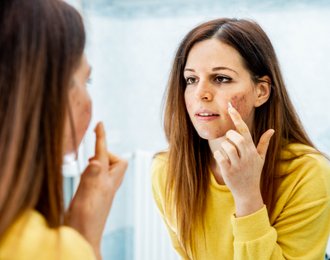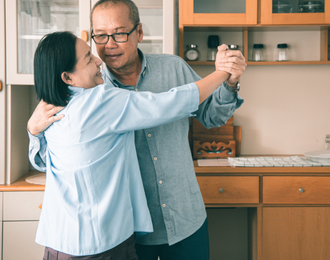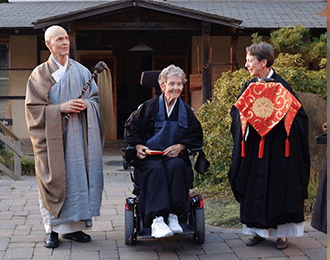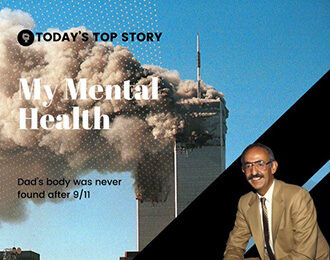Men As Caregivers
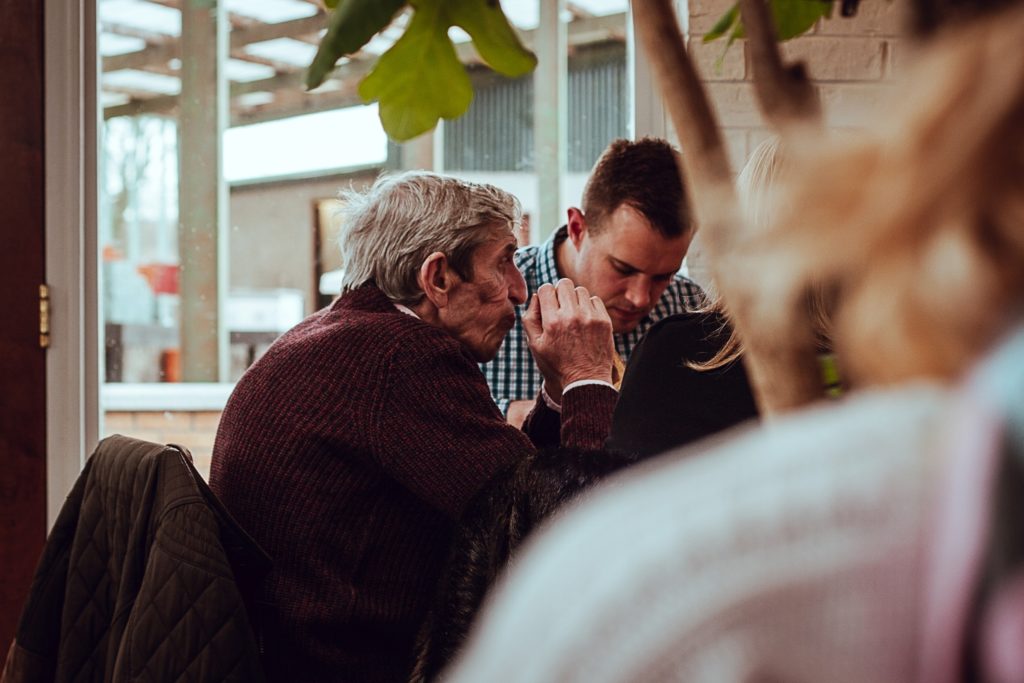
My Elder™ May 2021
Author: Jack Halpern
What is the society’s view on men as caregivers? My Elder discusses the common misconceptions and how these changed over the years.
Bill Sanders, 57, has been taking care of his 90-year-old mother for the past 14 years, both at her home in Brooklyn, New York and the nursing home where she now resides. “When I took care of my mother at home,” he explains, “I found that neighbors looked down on me. They thought I was a bum living off my mom. They didn’t believe I was really taking care of her.” Sanders thinks that a woman would not have faced this kind of ridicule.
After he moved his mother to the nursing home, Sanders faced another challenge. “At first I noticed that medical personnel seemed reluctant to share information with me,” he says. “They seemed more open with my sister. Maybe it would have been different if it had been my father I was caring for.”
Today, however, Sanders is not just accepted but appreciated. This former hairdresser donates his time and services to other residents of the nursing home.
The Alzheimer’s Association and the National Alliance for Caregiving estimate that men make up nearly 40 percent of family care providers now, up from 19 percent in a 1996 study by the Alzheimer’s Association. About 17 million men are caring for an adult.
“It used to be that when men said, ‘I’ll always take care of my mother,’ it meant, ‘My wife will always take care of my mother,”‘ said Carol Levine, director of the families and health care project at the United Hospital Fund. “But now, more and more men are doing it.”
Often they are overshadowed by their female counterparts and faced with employers, friends, support organizations and sometimes even parents who view caregiving as an essentially female role. Male caregivers are more likely to say they feel unprepared for the role and become socially isolated, and less likely to ask for help.
Men experience more anxiety in handling the multiple demands of care while also learning new skills, have greater physical health difficulties and depression, do not tend to be familiar with dealing with social service agencies, and are often uncomfortable asking for help.
Women still provide the bulk of family care, especially for intimate tasks like bathing and dressing. At support groups, which are predominantly made up of women, many women complain that their brothers are treated like heroes just for showing up.
But with smaller families and more women working full-time, many men have no choice but to take on roles that would have been alien to their fathers. Just as fatherhood became more hands-on in the baby boom generation, so has the role for many sons as their generation’s parents age.
Much more needs to be learned about their experiences and the challenges they face. Betty J. Kramer and Edward H. Thompson Jr., both experienced researchers in the area of men as caregivers, provide an in-depth and comprehensive overview of the topic in this collection of articles from various experts in gerontology, social work, psychology, and sociology.
Special consideration is given to gay male caregivers of partners with AIDS, men who care for a family member with dementia, fathers of adult children with mental disabilities, spousal care of women with cancer, and sons caring for parents. This valuable collection of current research addresses a much neglected but vitally important area of caregiving.
Many organizations and social-service agencies are beginning to offer male caregiver support groups. Groups can be found through local Area Agencies on Aging, disease associations or online. Bulletin boards and online chat rooms for caregivers may be perfect for those who have demanding schedules and who want anonymity. Try several different groups until you find the one that works for you.
But there’s nothing like personal contact, and men are beginning to join and open up even in co-ed caregiver support groups. This is where caregivers can know they’re not alone, and the men share their stories like everyone else.”
Support groups offer more than social opportunities. “When you find others who are in the same situation,” says John Radley, “you also may find solutions.” That happened to Sean Feldman. “Well Spouse helped me through the maze of hiring a home health aide,” he says, “particularly about how to handle compensation and take care of payroll taxes. You get practical information from those who’ve gone down the same path.”
My Elder provides elder advocacy services to families. Talk to us about long-term planning, finding the right home for your loved ones, preventing crisis and abuse, and ensuring they receive the best care possible.
